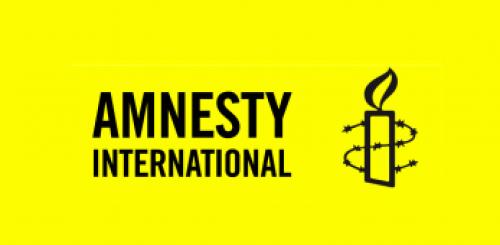In response to the ruling by Hong Kong’s Court of Final Appeal upholding as unlawful the government’s refusal to issue a dependant visa to a woman in a same-sex civil partnership, Jan Wetzel, Senior Legal Advisor at Amnesty International, said:
“This judgment is a milestone for Hong Kong and a watershed moment for the rights of LGBTI people across Asia. It recognizes that same-sex couples legally married or in civil partnerships overseas should be able to live with their partners in the same way as opposite-sex couples.
“The Court of Final Appeal has sent a clear message that the government must respect the right to equality in its policies, including when it comes to immigration.
“The government must now follow up and end the discrimination same-sex couples face in all walks of life. It must also swiftly introduce comprehensive legislation against discrimination on the grounds of sexual orientation, gender identity or intersex status. No one should experience discrimination because of who they are, or who they love.”
Background
‘QT’, as she is known in court, came to Hong Kong with her same-sex partner but was denied a dependant visa despite the pair having entered a civil partnership in the United Kingdom.
A foreign partner who is not granted a dependant visa can only remain in Hong Kong for short periods on a tourist visa and is not legally able to work in Hong Kong or obtain any other benefits to which residents are ordinarily entitled, such as acquiring permanent residency over time or receiving subsidized public hospital services.
Today’s judgment confirmed that the denial of partnership rights for same-sex couples can be discriminatory, despite the fact that same-sex marriages or civil partnerships are not yet recognized in Hong Kong. The court also rejected that a concept of “core rights and obligations unique to marriage” could serve as a wholesale justification for differential treatment.
Under international human rights laws and standards, discrimination against people because of their sexual orientation is prohibited, and each instance of differential treatment needs to be specifically justified with objective and particularly serious reasons rationally connected to and necessary for a legitimate aim.






















